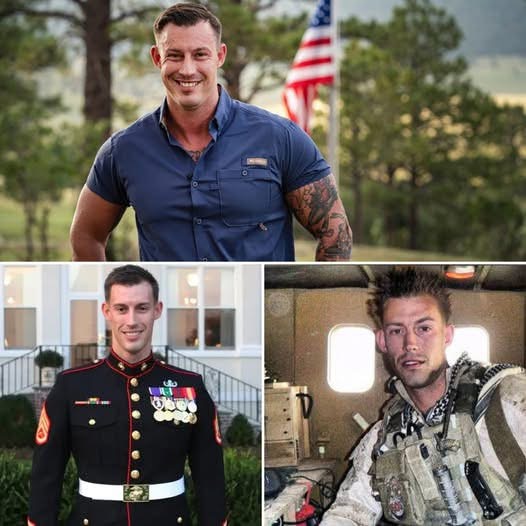For more than a decade, Johnny Joey Jones has been a familiar figure: a Marine veteran turned motivational speaker and Fox News contributor, known for his humor, resilience, and no-nonsense takes on politics and life after combat. But as he marks the 13th anniversary of the explosion in Afghanistan that took both his legs, Jones is pulling back the curtain on a chapter of his story he rarely speaks about—one filled with doubt, guilt, and a refusal of honors many assumed he welcomed.
“It wasn’t just the blast that changed me,” Jones told a packed audience at a recent veterans’ event in Dallas. “It was everything in the seconds before and the hours after. There are things I still replay every single morning.” The IED that nearly killed him detonated on a dusty patrol route in Helmand Province in 2010. What most people don’t know is that he wasn’t even supposed to be in that exact spot. He had volunteered to take point so that a younger Marine, just 19, could rest. “I thought I was protecting him,” Jones recalled. “But when I stepped forward, I knew right away I had walked into the wrong place at the wrong time. That guilt—it never leaves you.”
Jones credits his survival to a combat medic whose name he didn’t learn until years later. “He was a blur in the chaos—shouting orders, putting tourniquets on faster than I could even understand what was happening,” he said. “For a long time, I didn’t know his name. I just remembered his voice saying, ‘Stay with me, Marine. You’re not done yet.’” Jones has since reconnected with the medic, whom he now calls a “brother for life.”
Johnny “Joey” Jones – Mission Six Zero
Perhaps the most surprising detail Jones has shared is that he initially declined the Purple Heart. “At the time, I felt like I didn’t deserve it,” he admitted. “There were Marines who didn’t come home. There were guys who lost more than I did. I thought, ‘How can I take this medal when I still have breath in my lungs?’” His refusal was not out of disrespect but from a sense of survivor’s guilt that took years to confront. He eventually accepted the honor after a commanding officer urged him to see it differently. “He told me, ‘The Purple Heart isn’t about what you lost. It’s about the price you paid on behalf of others.’ That changed everything.”
